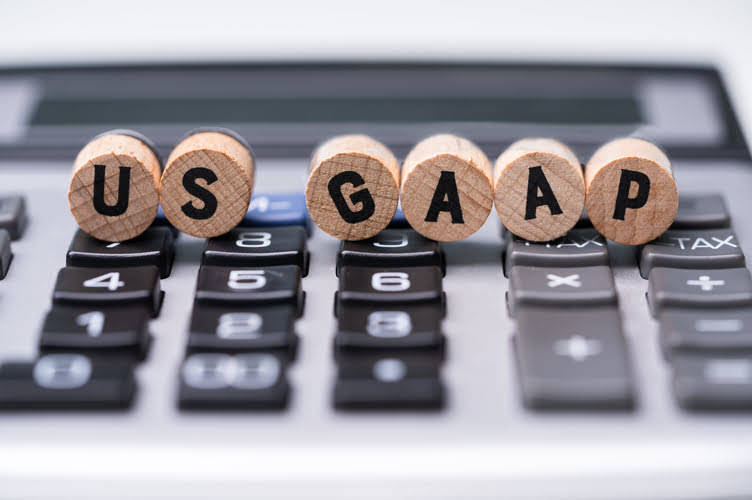
This typically occurs after a few years, but timetables vary from state to state. Once such checks are finally deposited, they can cause accounting problems. Furthermore, checks that are never cashed may constitute “unclaimed property” that is turned over to the state. If a check remains outstanding for an extended period, it may become QuickBooks stale-dated, and the bank may refuse to honor it. The payee should contact the issuer to request a new check if this occurs.

Accounting for an Outstanding Check
If the payee keeps any outstanding check for too long, then it runs the risk of getting void. However, if the payee delays depositing the check, then the payment does not clear the payor’s account. The amount of the check still cannot be used by the payor, as it’s promised to the payee, even outstanding check definition though the bank account balance has yet to reflect the check payment. This documentation will come in handy if you need to prove to state regulators that you made reasonable attempts to complete the payment. If an outstanding check is cashed after you asked a bank to stop the payment, you will be responsible for proving that you took the necessary steps to complete the payment.
- An overdraft occurs when the account holder who wrote a check that is still pending does not have enough money in their account to cover the amount of the check when it is eventually submitted for payment.
- Meanwhile, you must keep enough money in your account to cover the check when it is finally deposited.
- To remedy these situations quickly, be proactive with outstanding checks.
- However, till the expiry date of the check, it remains a liability to the check issuer.
- We answer your questions about this financial term and what to do when managing an outstanding check.
- One way to avoid this occurrence is to maintain a balanced checkbook.
Understanding Outstanding Checks: Definition, Risks, and Ways to Avoid

Oftentimes, banks charge overdraft fees or non-sufficient funds fees on bounced checks. Some banks may provide a grace period, such as https://www.bookstime.com/ 24 hours, in which time you can deposit funds to avoid the overdraft fees. The main difference between outstanding checks and outstanding deposits is that a check takes money from your bank account while a deposit puts money into your bank account.
Ask Any Financial Question
- If an outstanding check is cashed after you asked a bank to stop the payment, you will be responsible for proving that you took the necessary steps to complete the payment.
- The payor is the entity who writes the check, while the payee is the person or institution to whom it is written.
- Send a letter informing the payees that the check has not been presented and request an official notification to make sure your check hasn’t gotten lost.
- Businesses must track outstanding items to avoid breaking unclaimed property laws.
That said, both outstanding checks and outstanding deposits refer to transactions that have not yet been posted to your account. An outstanding check refers to a check that has not yet been deposited or cashed by the recipient. In other words, it has already been written and delivered to the recipient, but the recipient (or the recipient’s bank) has not yet processed the check, which would result in a draw on the issuing account. If a payee receives a check and does not present it for payment at once, there is a risk that the payer will close the bank account on which the check was drawn.

What is your current financial priority?

Since the bank balance does not yet reflect the check amount, it can present a misleading picture of your actual financial situation. In addition to the standard personal check, types of checks include certified checks, cashier’s checks, and payroll checks, which are all used for different purposes. Checks essentially provide a way to instruct the bank to transfer funds from the payor’s account to the payee or the payee’s account. A check is a written, dated, and signed draft that directs a bank to pay a specific sum of money to the bearer.


